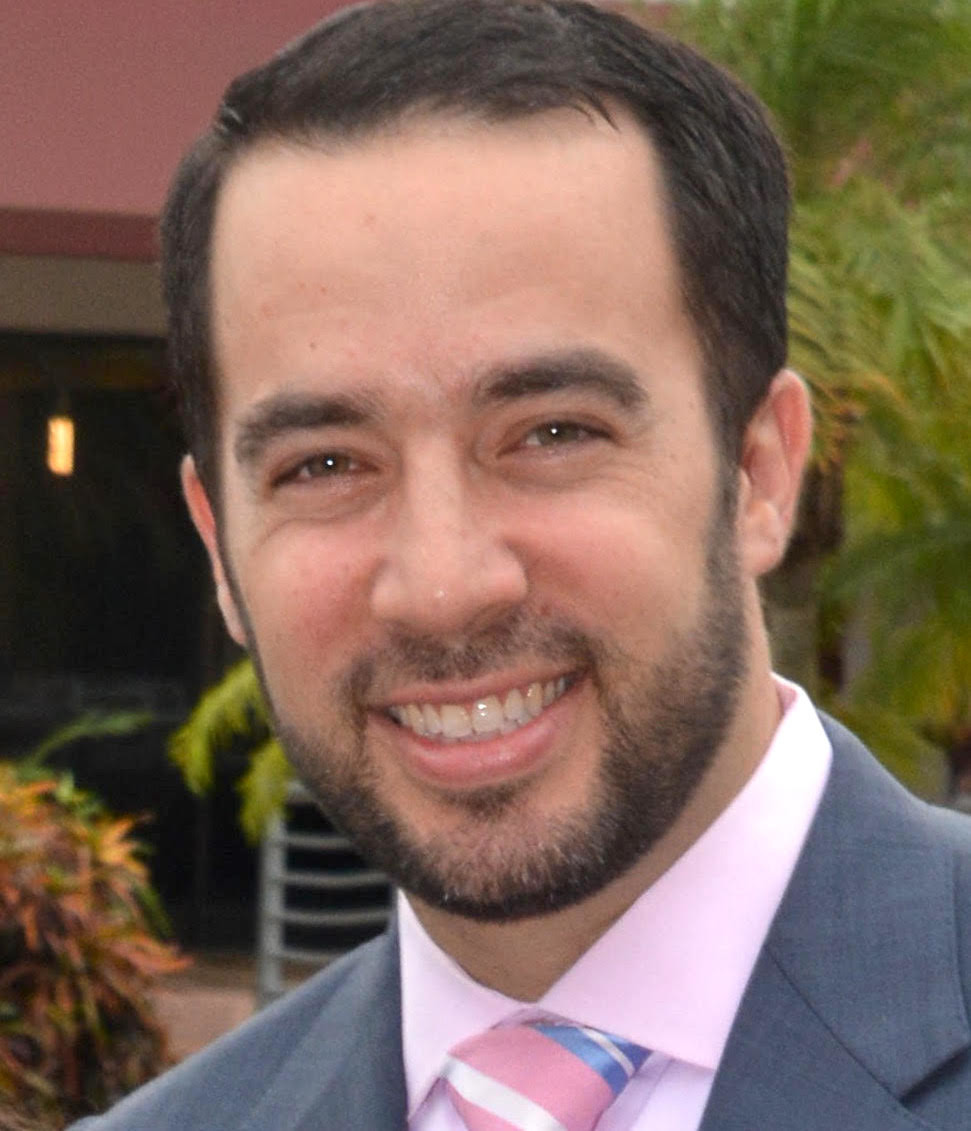Binding our children to Israel’s eternal chain
The “Binding of Isaac” is a defining chapter in the story of the Jewish people, inspiring much of our liturgy. In some respects it represents what it means to sacrifice for one’s children. In some of the darker annals of Jewish history, some took it as the inspiration to literally sacrifice their children as Jews to avoid death.
It is not for us to judge those who chose the latter path, but it is noteworthy that they viewed Avraham’s “sacrifice” as inspiration for such choices, even though Avraham did not ultimately harm his son.
The Akedah has inspired countless of hours of study and discussion. Rashi notes that Avraham was never told to slaughter his son; he was told “to raise” him. Is the purpose of the test to see how far Avraham will go before being told to stop? It is hard to stomach the idea that G-d “tested” Avraham through a riddle.
What took so long for an angel to stop him, calling his name twice to tell him, “Don’t send your hand to the lad?” How did it even get that far, especially when just about every interpretation (following the line of “through Yitzchak you will be said to have offspring” (21:12) understands that G-d never intended for Avraham to kill his son (Talmud Taanit 4a)?
The study of any Biblical subject as deep as the Akedah is incomplete without reading Abravanel’s commentary. Here he poses 25 questions, which he answers in a lengthy analysis. Some of his thoughts are summarized here as a conversation opener, not so much to understand what Avraham’s test was, but what the task was meant to teach father and son.
“None of Avraham’s ‘tests’ are introduced as tests. They were ‘tasks,’ and they were only derived to be ‘tests’ later. Borrowing money from a friend, for example, is a request that may indirectly test friendship.
“The ‘Lekh Lekha’ missive’s goal was to get Avraham to the Holy Land, to establish roots there, and to become a model to all. Avraham’s dedication in the Akedah strongly affirms his inspiring role.
“The Torah opens the segment by saying, ‘After all these things (22:1) and G-d [having] tested Avraham…’ — all of the preceding tales had been G-d testing Avraham. He has already passed with flying colors.”
“This nisayon was not a ‘test’ for G-d to see if Avraham could pass muster. Nisah is from the word nes, as in “raise up (nisah) over us the light of Your countenance.” (Tehillim 4:7) Avraham’s doing G-d’s will is raised as a banner for the nations to look to for inspiration. For us, it is a charge to serve G-d with all our heart and soul as did Avraham.
“Rav Yonah the Grammarian notes the vague command “v’ha’a’layhu sham l’olah,” which could be understood as “raise him as an offering.”
“The lamed prefix in l’olah could also mean “in place of,” as if to say “he’ll be considered an olah offering [in place of one] even though he won’t actually be an olah offering.”
“G-d purposely led Avraham to believe that He wanted Yitzchak to be an offering so that Avraham would dedicate his heart and soul to the task. Thus he literally binds Yitzchak and full-heartedly reaches for the knife. The actions Avraham does before being stopped, are considered before G-d ‘as if’ he has actually brought the sacrifice. This elevates Yitzchak spiritually — it confirms his uniqueness and readiness to be the sole “line” of Avraham that carries the promise of G-d.
“Therefore, G-d did not ‘change His mind,’ as it were, because He never commanded him to slaughter his son in the first place. And Avraham did not make a mistake or misunderstand, for it was G-d Himself who was purposely vague.”
Abravanel rejects a notion presented by the Ralbag (which must be read in context), that the entire episode of the Akedah is meant to be a “chinuch experience” of father teaching son important life lessons. But it is nonetheless noteworthy that this tale contains the only interaction of Avraham and Yitzchak in the Torah, where father and son relate to one another and converse. [Their conversation is worthy of its own analysis.]
G-d will never ask us straight up or vaguely to sacrifice our children. But for us to have any notion of success with them, we must be prepared to bring them along, to show them what we do, to engage them in conversation, and to bind them — in a sense — to our way of life. Abravanel suggests that Yitzchak did not struggle as his father bound him because he thought his father was demonstrating how an olah is prepared, almost like they were playing charades.
Maybe if we play charades with our children, they will have the best opportunity to learn from us, to understand why we do the things we do as Jews, as they become bound to the eternal chain that is the lifeblood of our people.
A version of this column was published in 2012.

 39.0°,
Fair
39.0°,
Fair 





